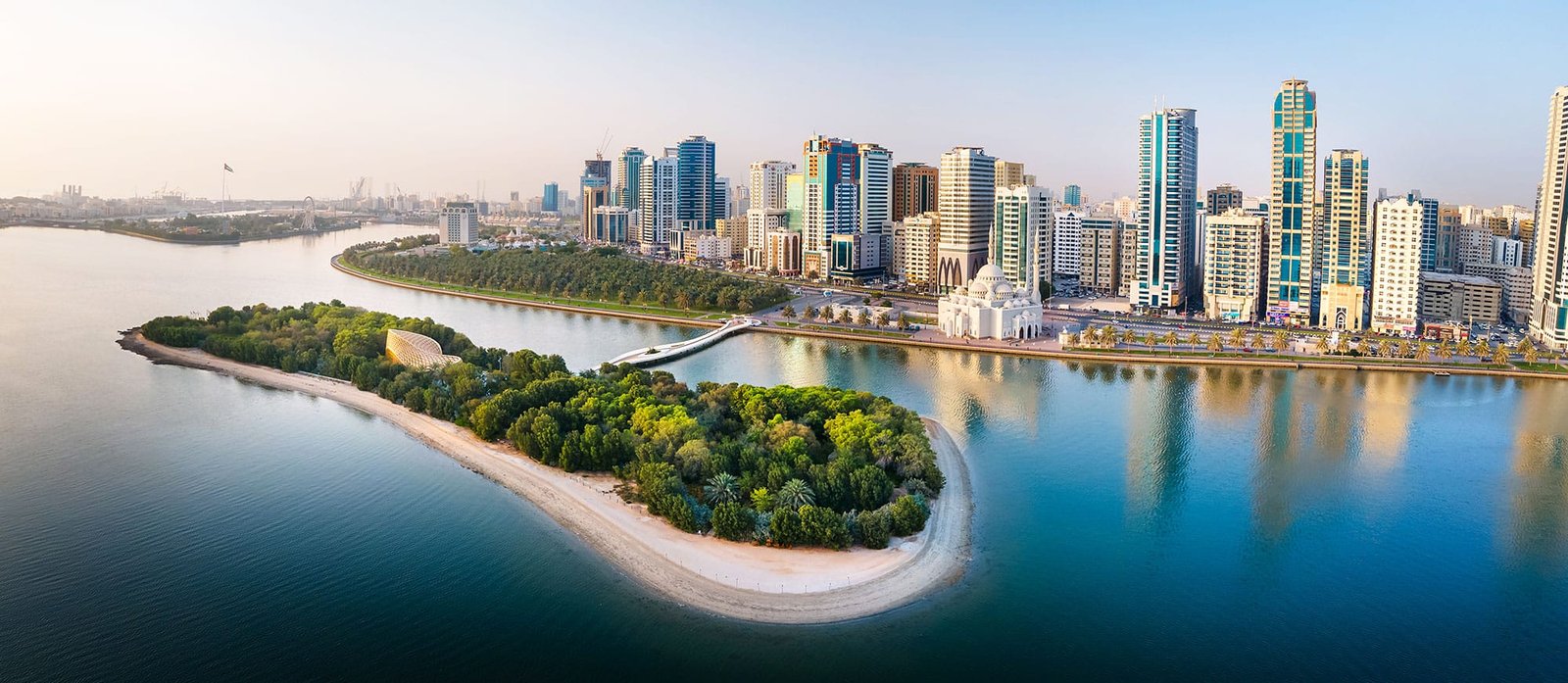Dubai’s luxury real estate market is a magnet for investors seeking high returns and exclusive opportunities. Known for its iconic architecture, unparalleled lifestyle offerings, and tax-free environment, the city offers an ideal landscape for luxury property investment. This article outlines the most successful strategies for investing in Dubai’s luxury real estate market.
Why Invest in Luxury Real Estate in Dubai?
A Thriving Market
Dubai’s luxury property market has seen consistent growth, driven by increasing demand from international buyers and high-net-worth individuals.
Tax-Free Environment
The absence of income and capital gains taxes makes Dubai’s real estate market highly attractive for investors.
Exclusive Lifestyle Offerings
Dubai’s luxury properties provide unmatched amenities, including private beaches, golf courses, and state-of-the-art technology.
Key Factors to Consider Before Investing
Location
The location significantly impacts the value and appeal of luxury properties. Prime areas include Downtown Dubai, Palm Jumeirah, and Emirates Hills.
Market Trends
Understanding current market trends and future projections is crucial for making informed decisions.
Legal Requirements
Familiarize yourself with Dubai’s property laws, including regulations for foreign investors.
Top Strategies for Investing in Luxury Real Estate
1. Focus on High-Demand Locations
Key Areas to Consider:
- Downtown Dubai: Known for its luxury apartments and proximity to landmarks like the Burj Khalifa.
- Palm Jumeirah: Offers exclusive waterfront villas and a resort-like lifestyle.
- Emirates Hills: A gated community featuring premium villas and lush landscapes.
Why Location Matters:
Prime locations attract affluent tenants and buyers, ensuring high rental yields and long-term appreciation.
2. Leverage Off-Plan Investments
What Are Off-Plan Properties?
Off-plan properties are those that are purchased before construction is completed.
Advantages:
- Lower initial investment costs.
- Potential for significant capital appreciation upon completion.
- Access to exclusive payment plans.
Risks:
Investors should carefully vet the developer’s reputation and financial stability.
3. Invest in Exclusive Developments
Examples of Exclusive Projects:
- The Royal Atlantis Resort & Residences: Offers ultra-luxury apartments with panoramic sea views.
- One Za’abeel: Features iconic design and state-of-the-art amenities.
- Emaar Beachfront: A new development combining beachfront living with urban convenience.
Benefits:
Exclusive developments often hold their value better and attract high-profile tenants.
4. Prioritize Properties with High ROI Potential
Analyzing ROI:
- Look for properties with rental yields of 5% to 7% or higher.
- Consider areas with strong demand from expatriates and tourists.
Example:
Palm Jumeirah consistently offers rental yields of around 6%, making it a lucrative option for luxury property investors.
5. Work with Trusted Real Estate Agents
Why This Matters:
Experienced agents provide insights into market trends, property values, and negotiation strategies.
Tips for Choosing an Agent:
- Verify their credentials and licensing.
- Look for agents with expertise in the luxury market.
Emerging Trends in Dubai’s Luxury Real Estate Market
Sustainability and Smart Homes
Buyers are increasingly looking for eco-friendly properties equipped with smart technology.
Branded Residences
Luxury properties associated with high-end brands like Armani and Bulgari are gaining popularity.
Short-Term Rentals
Investing in properties suitable for short-term rentals can yield higher returns, especially in tourist hotspots.
Common Mistakes to Avoid
Ignoring Maintenance Costs
Luxury properties often come with higher maintenance costs. Factor these into your budget.
Overlooking Legal Due Diligence
Ensure the property has all necessary approvals and clearances to avoid future complications.
Emotional Decision-Making
Investing based on emotions rather than data can lead to poor financial outcomes.





Join The Discussion